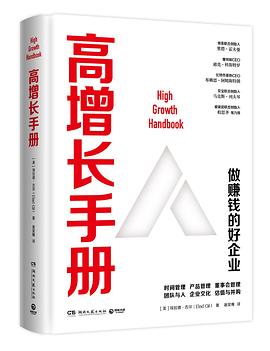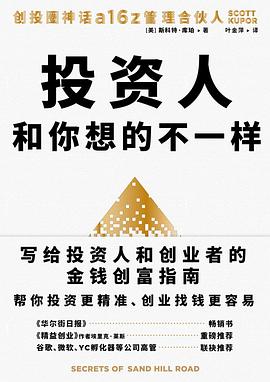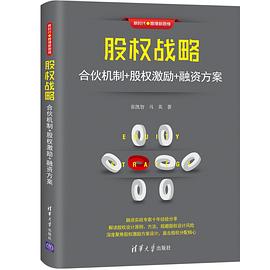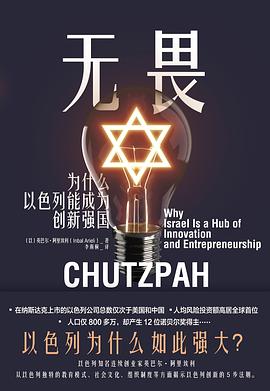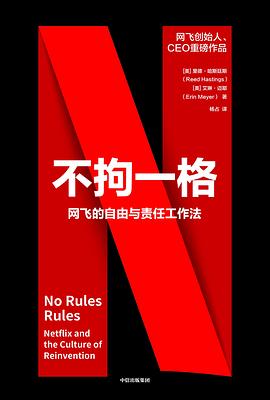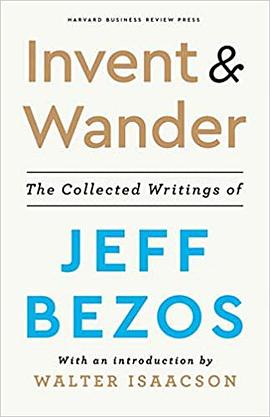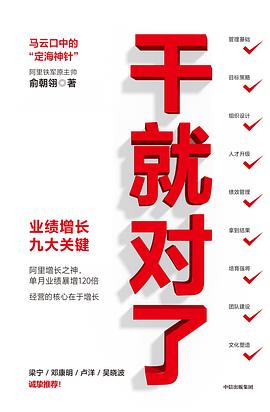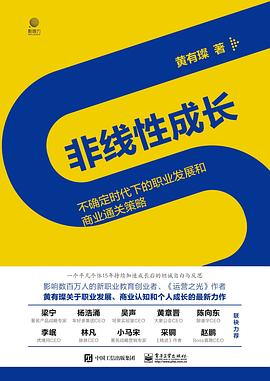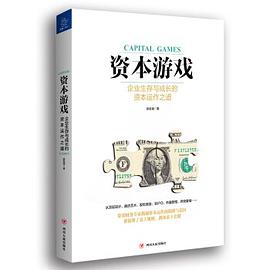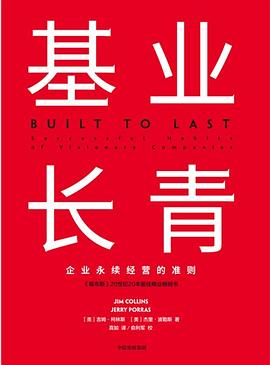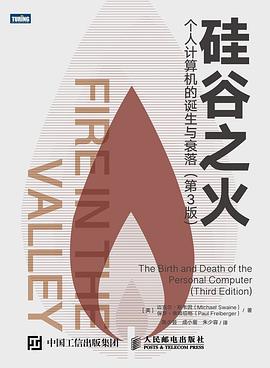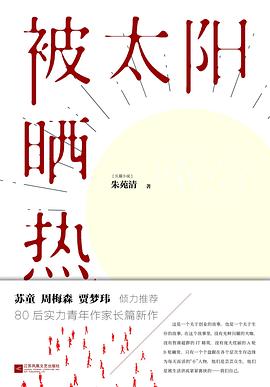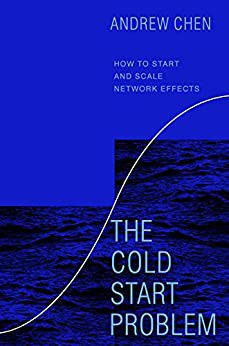

具体描述
A venture capitalist draws on expertise developed at the premier venture capital firm, Andreessen Horowitz, and as an executive at Uber to address how tech’s most successful products have solved the dreaded "cold start problem”—by leveraging networks effects to launch and scale towards billions of users.
Although software has become easier to build, launching and scaling new products and services remains difficult. Startups face daunting challenges entering the technology ecosystem, including stiff competition, copycats, and ineffective marketing channels. Teams launching new products must consider the advantages of “the network effect,” where a product or service’s value increases as more users engage with it. Apple, Google, Microsoft, and other tech giants utilize network effects, and most tech products incorporate them, whether they’re messaging apps, workplace collaboration tools, or marketplaces. Network effects provide a path for fledgling products to break through, attracting new users through viral growth and word of mouth.
Yet most entrepreneurs lack the vocabulary and context to describe them—much less understand the fundamental principles that drive the effect. What exactly are network effects? How do teams create and build them into their products? How do products compete in a market where every player has them? Andrew Chen draws on his experience and on interviews with the CEOs and founding teams of LinkedIn, Twitch, Zoom, Dropbox, Tinder, Uber, Airbnb, Pinterest — to provide unique insights in answering these questions. Chen also provides practical frameworks and principles that can be applied across products and industries.
The Cold Start Problem reveals what makes winning networks successful, why some startups fail to successfully scale, and most crucially, why products that create and compete using the network effect are virally important today.
作者简介
Andrew Chen is a General Partner at Andreessen Horowitz where he invests in consumer technology, including social, marketplace, entertainment, and gaming experiences. Today, Andrew serves on the boards of Envoy, Hipcamp, SandboxVR, Singularity6, Sleeper, Snackpass, Substack, and Virtual Kitchen Co.
Prior to joining a16z, Andrew led the Rider Growth teams at Uber. He has also served as an advisor/investor for tech startups including AngelList, Barkbox, Boba Guys, Dropbox, Front, Gusto, Kiva, Product Hunt, Tinder, Workato, and others.
Andrew holds a B.S. in Applied Mathematics from the University of Washington.
目录信息
Featuring interviews from the founders/teams behind Slack, Clubhouse, Zoom, Twitch, Tinder, Reddit, Uber, Airbnb, PayPal, and more.
Network Effects
- 1. What’s a network effect, anyway?
- 2. A brief history
- 3. Cold Start Theory
Cold Start
- 4. Tiny Speck
- 5. Anti-network effects
- 6. The atomic network — Credit cards
- 7. The hard side — Wikipedia
- 8. Solve a hard problem — Tinder
- 9. The killer product — Zoom
- 10. Magic moments — Clubhouse
Tipping Point
- 11. Tinder
- 12. Invite only — LinkedIn
- 13. Come for the tool — Instagram
- 14. Paying up for launch — Coupons
- 15. Flintstoning — Reddit
- 16. Always be hustlin’ — Uber
Escape Velocity
- 17. Dropbox
- 18. The trio of forces
- 19. The engagement effect — Scurvy
- 20. The acquisition effect — PayPal
- 21. The economic effect — Credit bureaus
The Ceiling
- 22. Twitch
- 23. Rocketship growth
- 24. Saturation — eBay
- 25. The law of shitty clickthroughs — Banner ads
- 26. When the network revolts — Uber
- 27. Eternal september — Usenet
- 28. Overcrowding — YouTube
The Moat
- 29. Wimdu
- 30. Virtuous cycle, vicious cycle
- 31. Cherry picking — Craigslist
- 32. Big bang failures — Google+
- 33. Competing over the hard side — Lyft and Uber
- 34. Bundling — Microsoft
Conclusion
- 35. The future of network effects
· · · · · · (收起)
读后感
这本书的评价一般(Amazon + 豆瓣),但读下来还可以,主要是组织没什么条理。现有的内容可以砍半,或者换成一半研究更深入的内容 但对于没有直接参与过的人(起步或scaling),读这本书是一个好的思考机会,可以由此理解、思考自己的业务怎么做会更好 阅读建议 - 推荐读者:没...
评分这本书的评价一般(Amazon + 豆瓣),但读下来还可以,主要是组织没什么条理。现有的内容可以砍半,或者换成一半研究更深入的内容 但对于没有直接参与过的人(起步或scaling),读这本书是一个好的思考机会,可以由此理解、思考自己的业务怎么做会更好 阅读建议 - 推荐读者:没...
评分这本书的评价一般(Amazon + 豆瓣),但读下来还可以,主要是组织没什么条理。现有的内容可以砍半,或者换成一半研究更深入的内容 但对于没有直接参与过的人(起步或scaling),读这本书是一个好的思考机会,可以由此理解、思考自己的业务怎么做会更好 阅读建议 - 推荐读者:没...
评分这本书的评价一般(Amazon + 豆瓣),但读下来还可以,主要是组织没什么条理。现有的内容可以砍半,或者换成一半研究更深入的内容 但对于没有直接参与过的人(起步或scaling),读这本书是一个好的思考机会,可以由此理解、思考自己的业务怎么做会更好 阅读建议 - 推荐读者:没...
评分这本书的评价一般(Amazon + 豆瓣),但读下来还可以,主要是组织没什么条理。现有的内容可以砍半,或者换成一半研究更深入的内容 但对于没有直接参与过的人(起步或scaling),读这本书是一个好的思考机会,可以由此理解、思考自己的业务怎么做会更好 阅读建议 - 推荐读者:没...
用户评价
看了 8 章左右,果然如 goodreads 上的书评一样,第一章就把重点讲完了,事实上后面的例子陈述真的没啥意义啊..干货是没有的,只是沦为佐证自己观点的素材。最重要的就是把网络效应分为五个阶段。
评分作者是新一代的VC,华裔,不是为了他的建议,而是为了了解他的经历才读的。
评分内容不错。但确实有点拖沓,类似的内容反复说来说去。
评分内容不错,就是写得不太好。需要找到重点专门阅读,一些部分的价值不大、或者表达不是很清晰。
评分整体结构是清楚的。但是一开始说要把network effect讲透,sorry并没有。case study很多,不忘隐晦告诉你这些企业可以但是你参照一样的不一定行的通哦!那我参考啥呢
相关图书
本站所有内容均为互联网搜索引擎提供的公开搜索信息,本站不存储任何数据与内容,任何内容与数据均与本站无关,如有需要请联系相关搜索引擎包括但不限于百度,google,bing,sogou 等
© 2025 book.quotespace.org All Rights Reserved. 小美书屋 版权所有

